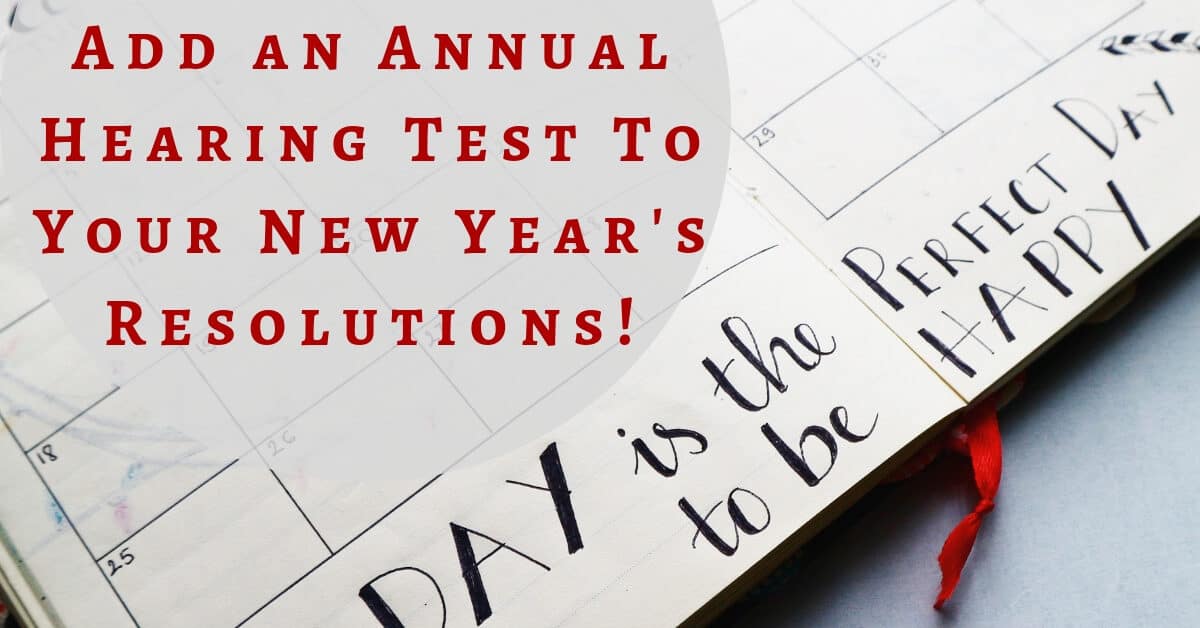How often should you get your hearing tested? If you’ve ever asked yourself this question, we have the answer for you. Most children have regular screening tests to make sure they’re able to hear clearly, and learn and grow along with their peers. And adults over the age of 50 are advised to get their hearing tested once per year. However, hearing loss is becoming more and more common for people of all ages, so if you’ve noticed any changes to your hearing health, book a hearing test as soon as possible.
Noticing the Signs of Hearing Loss
If you’ve been straining to hearing in conversations, have trouble separating speech sounds from important background noises, or can’t follow group conversations with several speakers, you likely have hearing loss. Have you felt any ringing or buzzing in your ears? Known as tinnitus, this is often an early warning sign of hearing loss, and should be taken very seriously. If you’ve been having difficulty hearing on the phone, or have been turning up the volume on the TV until your family complains about the noise, you need to consider that there might be something wrong with your hearing.
Baseline Testing
It may seem obvious to test your hearing when something’s wrong, but what about when everything seems to be fine? Baseline testing is one of the reasons annual hearing tests are so important. While it’s recommended that you go to a hearing specialist, even your family doctor can do a baseline hearing test, so you’ll have some idea of your hearing range, and they will refer you to a hearing health specialist if they detect any problems in your hearing.
The reason we do baseline testing is that you’ll have a clear picture of your hearing health, and your hearing range. Next year, if anything has changed, we’ll be able to detect it right away, even if the changes are small. This is help ensure you will catch your hearing loss right away, and get the right treatment for your hearing loss.
Hearing Screening
If you’re adding an annual hearing test to your new year’s resolutions, you don’t need to have a comprehensive hearing test every year. A hearing screening is a valuable way to get a basic understanding of your hearing health, and allow you to monitor any changes over the next year.
This quick test is a pass or fail test, and will determine if you need to get a more comprehensive hearing test. Most hearing screenings are a simple pure-tone test. You’ll put on a pair of headphones, and hear a series of tones. All you have to do is raise your hand if you hear a tone. The tones will get softer, or higher, and when you can no longer hear a tone, the test will stop. If you’re able to hear very soft, or very high sounds, your hearing is fine, but if you’re struggling to hear sounds you should be able to hear, then it’s time to take a comprehensive hearing test.
What Causes Hearing Loss
Around 40 million Americans have hearing loss, and this can have one of several causes. Illness or injury is a common cause of hearing loss, and if you’ve had a head injury you’ll need to get your hearing tested. Ear infections are also a common cause of hearing loss, especially amore children and teens. Your hearing loss could even be caused by something as simple as earwax buildup, and when your doctor removes this excessive wax, you’ll be able to hear clearly.
Noise is one of the most common causes of hearing loss, and can affect everyone, regardless of age. Whenever you’re exposed to very loud sounds, at work or during leisure activities such as sports events, concerts, or at the bar with friends, it’s important to wear hearing protection, and encourage others to do the same.
My Hearing Centers
If you’ve noticed any of the signs of hearing loss, or even if you haven’t, add an annual hearing test to your new year’s resolutions, and call us today at My Hearing Centers to book your appointment. We’ll provide you with baseline testing, and if you have hearing loss, we’ll work together to find the right hearing aids for you.


